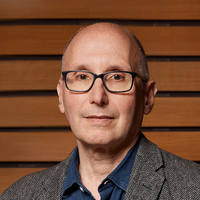Stratton Group
Somatic mutations in normal and cancer cells
Our Approach
Our team is composed of PhD students, postdoctoral fellows and permanent members of staff including cancer biologists, bioinformaticians, clinical fellows and project management support.
We use DNA sequencing for somatic mutations to advance understanding of the causes of cancer. In particular, we investigate “mutational signatures”, which report the mutational processes operative over the lifetime of each individual, to understand whether they are generated by endogenous or exogenous exposures and the extent to which these vary between human populations.
Our work brings together global cancer epidemiology and genomics and is particularly characterised by large-scale multinational studies.
Research areas
We currently have two major areas of work:
- Large-scale sequencing of normal and cancer cell genomes to investigate international differences in common mutagenic exposures that may influence cancer incidence.
- Sequencing of normal cell genomes to understand patterns of somatic evolution.
Core team
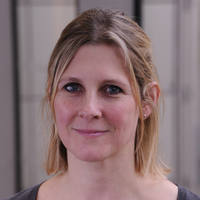
Dr Laura Humphreys
Project Manager: Cancer, Ageing and Somatic Mutation Programme

Soyeon Kim
PhD Student
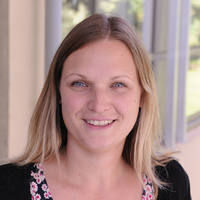
Calli Latimer
Project Coordinator: Stratton Faculty Group

Anh Phuong Le
PhD Student
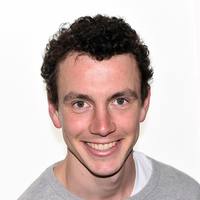
Henry Marshall
PhD Student
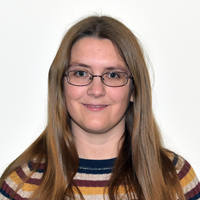
Dr Sarah Moody
Senior Staff Scientist

Jiali Pang
PhD Student

My H. Pham
PhD Student

Yichen Wang
Postdoctoral fellow
Previous core team members
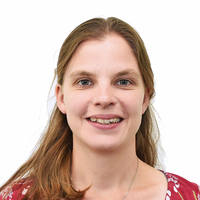
Emily Mitchell
PhD Student
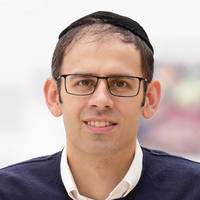
Dr Philip Robinson
Wellcome Clinical PhD Fellow
